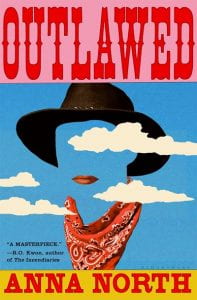[Discussion Forum 2.1 – Activity 1: Post an original discussion]
Like many others here, I too found the ‘attributes of information’, as an important part of world economies, very interesting.
It reminded me of how Israel’s booming economy is due to information technology – not only the collection and trading of information but the means for capturing it in the first place.
But for educators especially, the Digital Information Age brings with it many issues. Not only do we see the effects of the spreading of hurtful ‘information’ amongst children and teenagers, causing stress, anxiety and bullying, but we must endlessly go into battle on the side of ‘quality’ versus ‘ease of access’, with skirmishes against ‘distraction’ and ‘click bait’.
Wikipedia has vastly improved over the years and is no longer a joke, but most reputable online sources just don’t cater to children working on research projects. I remember in my primary school library, back in the 80s, was stocked full of non-fiction titles which the librarians had carefully selected for their accessibility as much as their quality. The downside is how quickly they would become out-of-date, but it was a curated collection and an excellent resource for the lessons the librarian would give us on how to find information. We never had to worry about the reliability of it. We trusted these books.
Has anyone seen The Capture? A British crime-mystery-thriller drama that was on the ABC a couple of years ago. In it, a group sought to challenge the use and veracity of London’s thousands of CCTV cameras, used to convict people of crimes, by manipulating what people see.
My students – 16-18 year olds – automatically think that what they see is the truth. Visual texts become more powerful than what’s written – not just because it’s more memorable but because they ‘see it with their own eyes’. People on the internet use this, consciously or otherwise, to gain a higher audience for their information, and it helps explain why social media platforms have become places where people go to get information. The more reputable the information, the more ‘boring’ it looks. I’ve noticed that on Instagram, the CSIRO uses amazing photos and also humour to attract an audience. (Anyone else a follower? They’re so funny! See, it works.)
I think where I’m going with this is the problematic connection between information as ‘entertainment’, as assumed verified fact (“Oh, people can come up with statistics to prove anything, Kent. Forty percent of all people know that.” – Homer Simpson), and how accessible it is.
It seems that, more than ever, the role of teacher librarian will be finding the ‘right’ sources of information for students, sources that will hold their interest AND be reliable, if we ever want students to gain ‘wisdom’.

















Recent Comments
shannon.badcock
"Yes I wondered/worried about that. I find it hard to separate it from ..."
ederouet
"What a great looking blog! I love your widgets and use of categories ..."